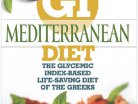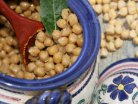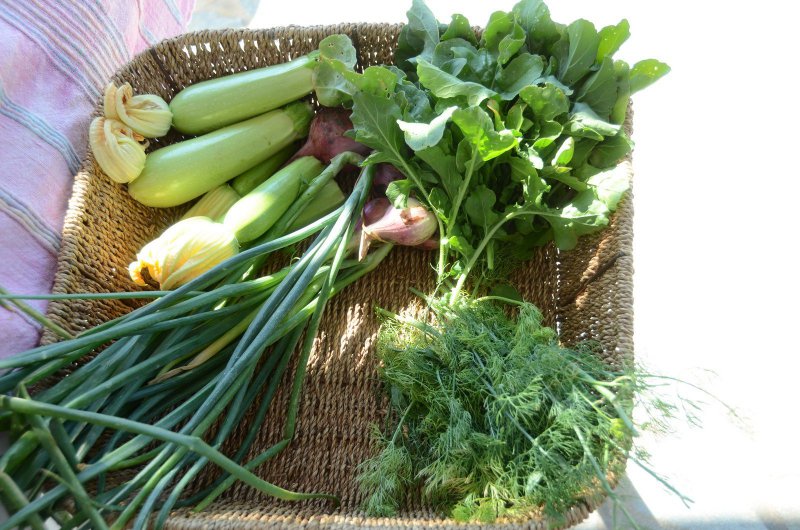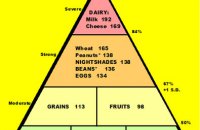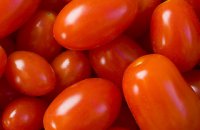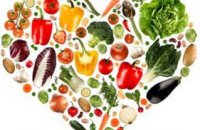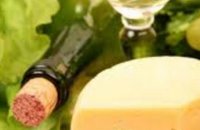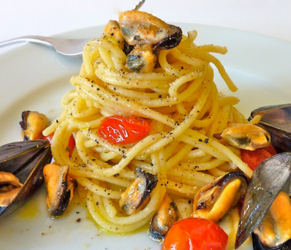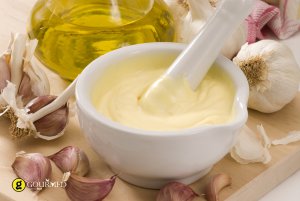Going to the super market with plenty of time on your hands, might mean that you take the time to read the ingredients on food-packaging, and count how many “E” numbers they contain. If you are a good observer, you will have noticed that lately, “E”s have almost disappeared. This is yet another trick of the food industry, trying to hide their wrongdoings, replacing the codes for preservatives with their full names, so that the recognizable “E”s, which we all know are bad for our health, don’t show up on the wrapping anymore. E224, for instance, that nullifies the work of vitamins, is now called “Potassium Metabisulphite”, which is as recognizable to consumers as bicycles are to fish!
The true elimination of “E”s has been accomplished through organic production and their “clean” methods. Certified organic foods are controlled throughout their production process, and up until their final point of sale, by certification bodies such as DIO and Biohellas.
Greek consumers, following the strong international trend, are slowly beginning to turn to organic goods. The statistics for Greece show a steady increase in organic, agricultural lands and organic shops have increased in number and can now cover consumer needs all over the country.
This is grand, both for those that want to eat healthily, and for those that make their living through organic production. There are, however, issues that need further analysis.
Free commerce is part of western culture and its purpose is to maximize profit. In order to achieve this, corporations usually follow the most financially viable methods, not caring about consumer health or other side effects. The fast growth of the organic market has created, and will definitely continue to create, large corporations, that will soon play the game of numbers that kills all good intentions, particularly in Greece where we have tendency for corruption.
Are organic products for everyone? Their prices suggest the opposite. Images from the evening news come to mind, of old men telling us how the price of tomatoes rose 5 cents in one month, and why they can’t afford to buy a turkey for Christmas. Go and tell them to buy organic produce at double or triple the price! There are many excuses for these high prices, but they are not important to the majority of consumers, even though it is true that organic farming entails extra difficulties for the producers; without the use of chemicals, plants and animals are more vulnerable and there is also the additional cost of certification.














